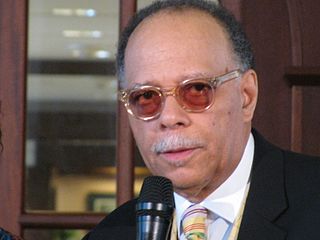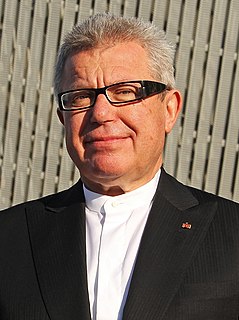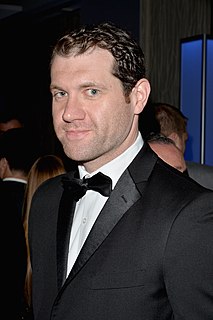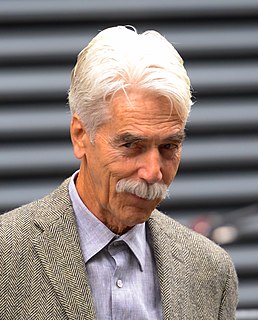A Quote by Laura Owens
Most people who think they can't live up to the great painters of the past, often times have a group of people they think they're better than.
Related Quotes
One of the great tragedies of modern education is that most people are not taught to think critically. The majority of the world’s people, those of the West included, are taught to believe rather than to think. It’s much easier to believe than to think. People seldom think seriously about that which we are taught to believe, because we are all creatures of imitation and habit.
I'm an optimist.
I've always believed the future is going to be better than the past.
And I also believe I have a role in that.
The great thing about human beings, myself in particular, is that I can change.
I can do better.
If you can get up every day, stay optimistic, and believe the future is better than the past, those few things get you through a lot of tough times.
There's a reason nationalists build walls, denigrate foreigners, and denounce immigrants: Because our people are better than those people. There's a reason nationalism has so often become violent in the past. For if we - our nation - are better, then what right do others have to live beside us? Or to occupy land that we covet?
You look worldwide for the great leaders, and they're pretty thin on the ground, and of course the problem is unless you're squeaky, squeaky clean, something is going to come out of the cupboard. Most people aren't squeaky clean. Most people have fallen by the wayside once or twice in their lives, and because the world is so transparent now, I think they're very fearful of running for office. It's a huge shame, because often people who have really lived and are amazing people can be brought down by a past indiscretion.
Some people as a result of adversity are sadder, wiser, kinder, more human. Most of us are better, though, when things go better. Knowing when to keep your mouth shut is invariably more important than opening it at the right time. Always listen to a man when he describes the faults of others. Often times, most times, he's describing his own, revealing himself.
I grew up in Queens, which is the most diverse borough: the rich and the poor and homeless and people of every sexual orientation and gender and age group. Everyone is saying we live in this bubble, and there's some truth to that. But I do not think it is healthy to all of a sudden invalidate the way we live in New York.
I think what I've tried to do is make the world a better place. I think that's what's really important. Nobody remembers who sold the most togas in Rome. In terms of legacy, people remember the great villains more than they remember the great heroes. So I think how you feel about yourself is the most significant question. What do you say about yourself when you put your head on the pillow? Are you really proud of what you're doing and the way you're doing it? I think it's really a fundamental question.

































